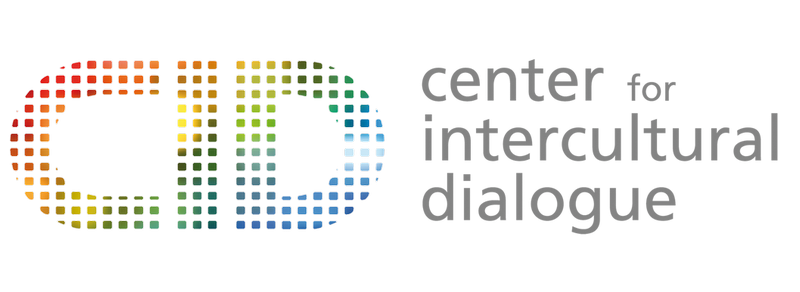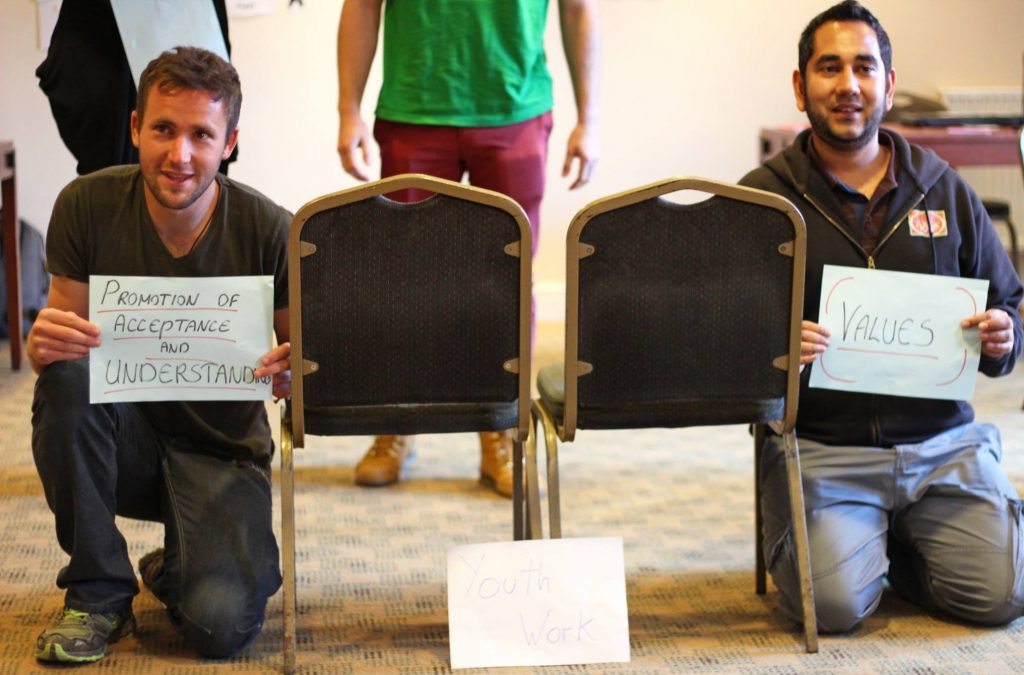Recognition of youth work is a process that CID has been involved in for many years. Given the diverse experience of the European states in recognising and promoting youth work as a profession, CID became part of a two-year project named ”Youth Work Recognition with Self-Assessment and Accreditation”, sponsored by the Erasmus+ KA2 Programme, in partnership with OpportUNITY (UK) and Politikos tyrimu ir analizes institutas (Lithuania). One of the activities in the framework of the project was a training course held in Newcastle, UK, between 18-22 of April.
The training course gathered 4-5 participants from all the three member organisations, with different experience in youth work assessment, to discuss, debate, share and work on self-assessment tools for youth workers. The British participants shared from the already existent tools used in their country in the process of accreditation of youth workers, while the Lithuanian team presented the initiative their government developed to map the skills and abilities of youth workers around the country and to centralise the process of their recognition. The Macedonian team had the opportunity to compare the situation of youth work in Macedonia and the other countries and to draw conclusions on what can be done.

Marija, one of the participants, thinks that the project achieved its primary objective:
”The thought of visiting UK for the first time was really exciting, but I was a bit skeptical about the project when I saw the agenda because it was just for three days. Also I knew that, apart from Macedonia, there would be people from just two other countries; but when I got there, I realized that our teams were mixed. I met people from different countries and I really liked all of them.
The fact that we were a small group was encouraging me to be even more active. At the end I was pleasantly surprised how we managed to produce an outcome in less than three days. Of course it can not be a finished product, but together we came to some great ideas for a self-assessment tool, which I am sure that can be further developed and implemented. Now I think that this project fulfilled its aim and I am willing to continue working on this project and to help realize our ideas.”
The main part of the training course focused on developing new tools for self-assessment and to discuss their pros and cons. Since this is a 2-year project, the information will be used for developing follow-up and further partnerships on exploring more the field of self-assessment for youth workers.
More photos from the event here.

